Brewing Up Success: How Coffee Quest 419 Drove $200K+ to Toledo’s Local Coffee Shops in Just Three Months

How it Started
The Coffee Quest 419 initiative was started in 2018 by a group of coffee shops in Toledo. About a dozen local coffee shops participated, each listed on a paper pass. As coffee enthusiasts visited local coffee shops, they received a stamp and could trade their completed pass for a prize once they visited all of the shops.
The idea was popular, but managing the paper passes became too time-consuming for business owners already juggling the demands of running a shop. They approached Caleigh Heuring, the Director of Marketing & Communications for Destination Toledo, and posed the idea of the DMO managing the trail. The DMO is no stranger to partnering to help with community efforts. For example, they also partner with Leadership Toledo to help with their annual restaurant week pass. (You can learn more about that in the Off Season Solutions: Restaurant Weeks & Months webinar.)
Heuring said Destination Toledo was happy to take over the management of Coffee Quest 419, but under a few conditions. First, they wanted Coffee Quest 419 to be a digital check-in challenge. She said, “We needed to have some trackability to it.” Destination Toledo also wanted to open the initiative up to more coffee shops. Finally, there was one other important element they wanted to add. Previously, customers were asked to complete the whole quest in order to get a prize, and that was really only feasible for residents. Heuring saw a golden opportunity to target visitors, too. She said, “Lots of people like to check out the local coffee scene when they travel. We wanted to engage with them and have a way to introduce our destination to them.” Destination Toledo added lower level prizes that gave an incentive for visitors to participate, even if they could just visit a couple of shops.
Goals of the New Digital Coffee Quest 419
- Support local coffee shops by increasing spending during a slower period of time
- Increase the number of local coffee shops that benefit from the campaign
- Refine Coffee Quest 419 into an initiative that also serves as a tool to promote visitation
- Gather data to be able to show ROI
The Marketing
In addition to paid search engine marketing, Destination Toledo also thoroughly embraced social media for this campaign. Coffee Quest 419 has its own Facebook and Instagram pages, but they also promoted it on their Destination Toledo social channels as well. Even when Coffee Quest 419 isn’t active, Destination Toledo keeps those channels engaged and excited about the local coffee scene. They also created individual reels for each participating coffee shop, and distributed collateral to display in participating locations. Those printed pieces included a QR code for coffee-lovers to scan and sign up.
Destination Toledo did a great job of sharing this with the press as well, and Heuring said, “We received a lot of earned media out of it. We did on-air morning news segments where we invited different coffee shops to come on with us. We talked about Coffee Quest 419, and they would make a cup of coffee for the anchors.” She was excited to share that one member of the local media took it to another level. “One news anchor visited every single shop and ordered a chai latte at each,” she said. “She won a t-shirt, wore it on air, and talked about her quest.” A local newspaper got in on the fun as well and told the Coffee Quest story from different perspectives. One reporter wrote a story about how many people are working remotely at local coffee shops while completing the Coffee Quest.
The Results
From March 15 to June 15, Coffee Quest 419 had:
- 4,824 pass sign ups
- Over 24,500 check-ins
- 944 coupon redemptions
- Participants from over 20 states
- Over $200,000 in spending at 28 local coffee shops within the three month period!
Destination Toledo uses their Bandwango dashboard to access reporting data such as pass sign ups and check-ins. Heuring also had one other data point that was important to show ROI, and shared, “We were able to come up with an estimated economic activity number based on having the coffee shops reporting an average ticket price. We then utilized the check-in numbers to come up with the average.” She smiled as she talked about the impact of their latest three-month campaign, saying,
“For this year it was just over $200,000.”
Conclusion
Destination Toledo accomplished all four of their goals, and this is an initiative they plan to repeat on an annual basis.
- Over $200,000 was spent in local coffee shops during a time of year when they needed more traffic in their doors.
- The initiative increased to include 28 coffee shops, including some in Toledo’s suburbs that had not previously participated in the initiative. This allowed Destination Toledo to be able to bring value to more of their partners, and help get passholders to visit more areas of the city.
- While most participants are from Ohio, there were passholders from more than 20 other states that participated.
- By moving to a digital pass, they could track how many people participated, where they were from, and which shops they visited. As a bonus, having passholder contact info allowed for targeted messaging to communicate with passholders.
Heuring feels it has been impactful to their local businesses, and said, “We know they really appreciate it, and the community really likes it. There are lots of people who haven’t been to some of these places, so it’s bringing new customers to them.”
Destination Toledo’s Tips for Success
Talk to the coffee shops and find out what is most important to them.
From conversations with the local business owners, Destination Toledo was able to identify a time of year that they needed more help and structured this year’s campaign around that timeframe.
Communicate with them after the campaign, too.
Heuring said, “We do a post coffee-quest survey. We ask them for the average ticket price so that we can develop an estimated economic impact number.” The survey also asks a series of other questions that serves as a way for the participating businesses to be engaged and share feedback.
Consider using the QR code check-in method.
Heuring shared that by using the QR code check in, it helped the shops confirm that people were making purchases, and allowed them to see who was coming in for Coffee Quest. She said, “We made laminated placards for them that had the QR code and they placed it wherever it worked best for them. Many of them had it at the counter. One place also did curbside pick up, and they took it out to the cars when people ordered.”
Have a dedicated staff member serve as the go-to contact person.
While multiple team members may be involved in various aspects of marketing, prizes, etc., Destination Toledo shared that it makes it easier for the coffee shops to have one contact person for the campaign. It makes it easier for their internal team as well.
Define your parameters.
Destination Toledo wanted to allow more coffee shops to participate, but realized that many places wanted to be included that weren’t traditional coffee shops. They had to define parameters in order to keep this a true campaign dedicated to coffee shops. They also capped participation at 30 shops to maintain a manageable and impactful experience. In addition, they kept the timeline proportional to make sure people had enough time to complete it.
Make it a digital pass.
This made it much easier to be able to track the success of the campaign. When the coffee shops used a paper pass previously, they only knew how many cards they printed, and how many they had left. They also know how many people turned their cards in at the end when they completed it, but they weren’t able to gauge how many people used the pass and didn’t visit all locations. Heuring likes being able to track actual check-ins and says the digital pass provides much more insight into the passholder’s journey.
Create an aligning sustainability tie-in.
Destination Toledo has also created a Coffee Quest 419 travel mug that is sold at some of the participating locations. This serves as a reusable option for sustainability-focused passholders.


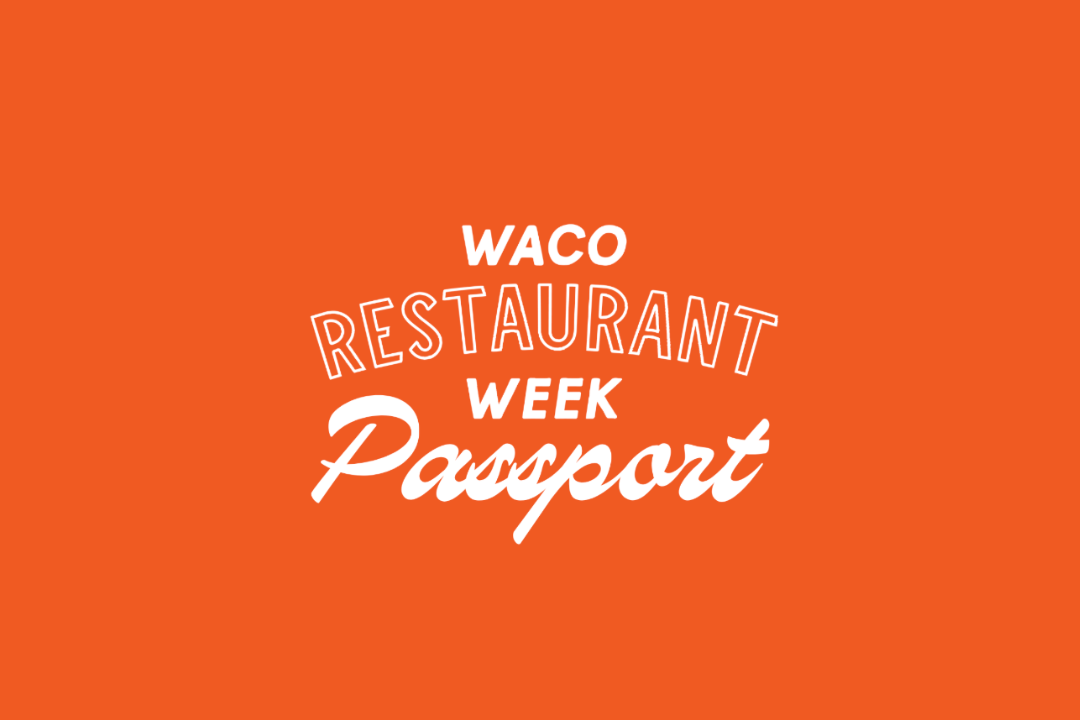
.png)
.png)
.png)
.png)
.png)
.png)
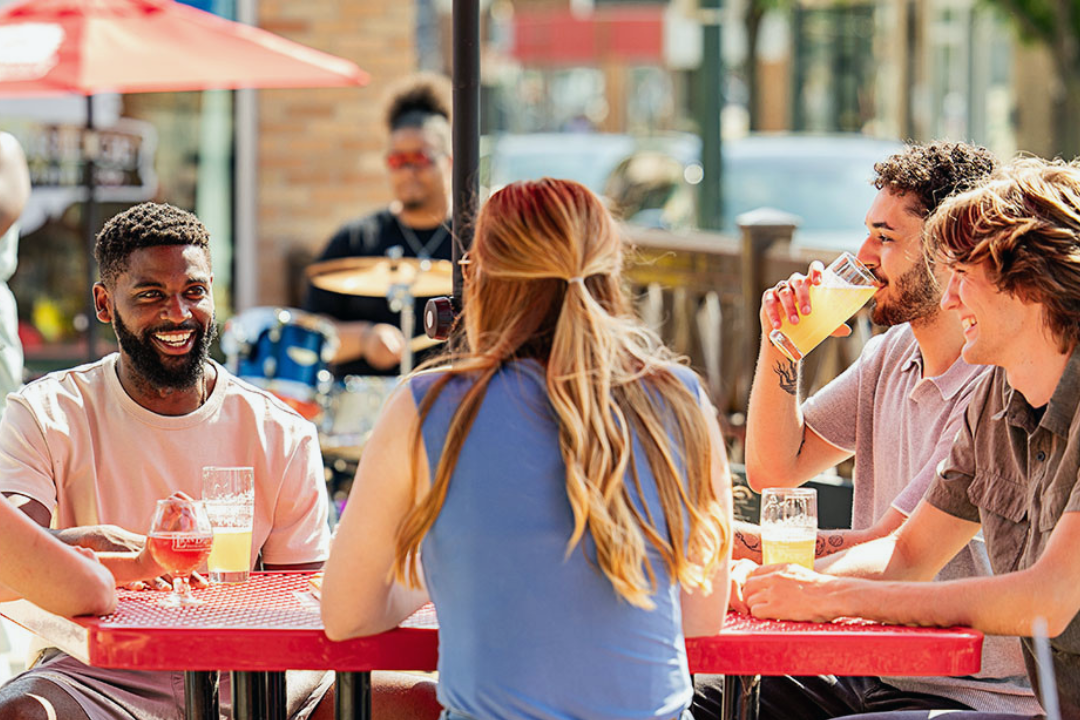
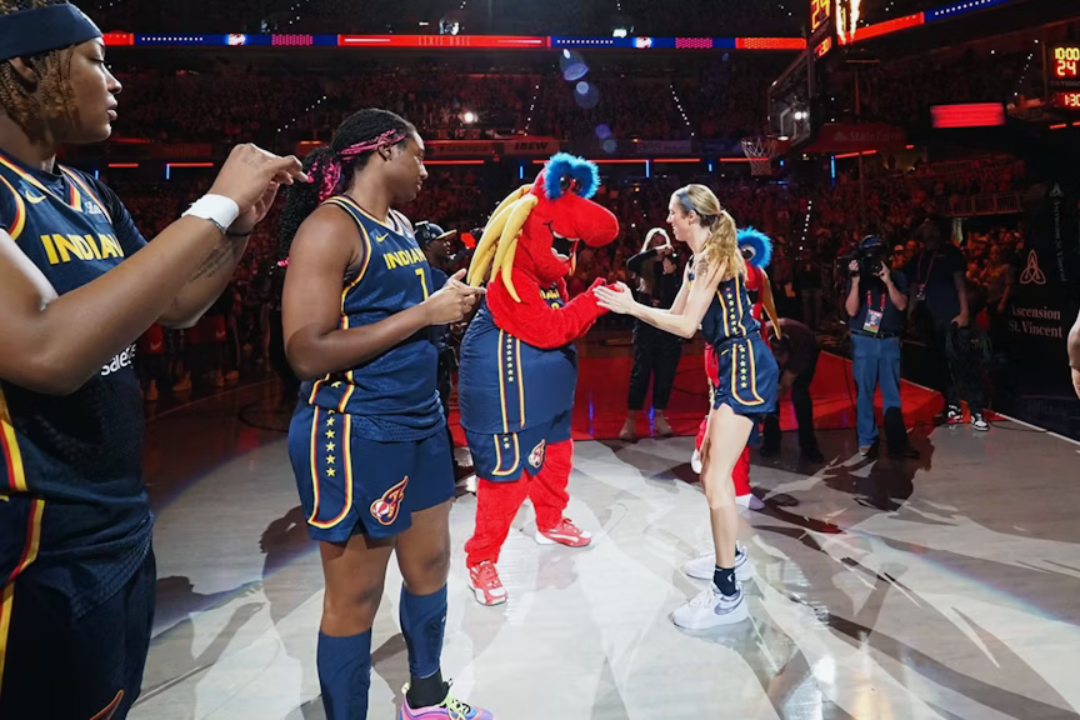
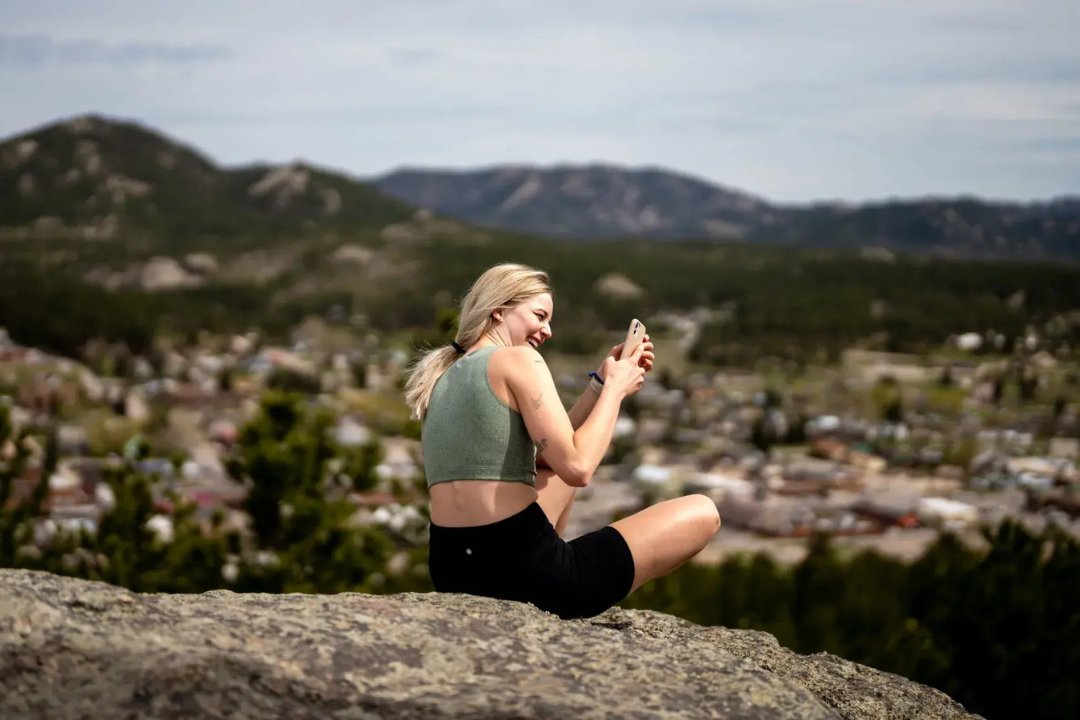
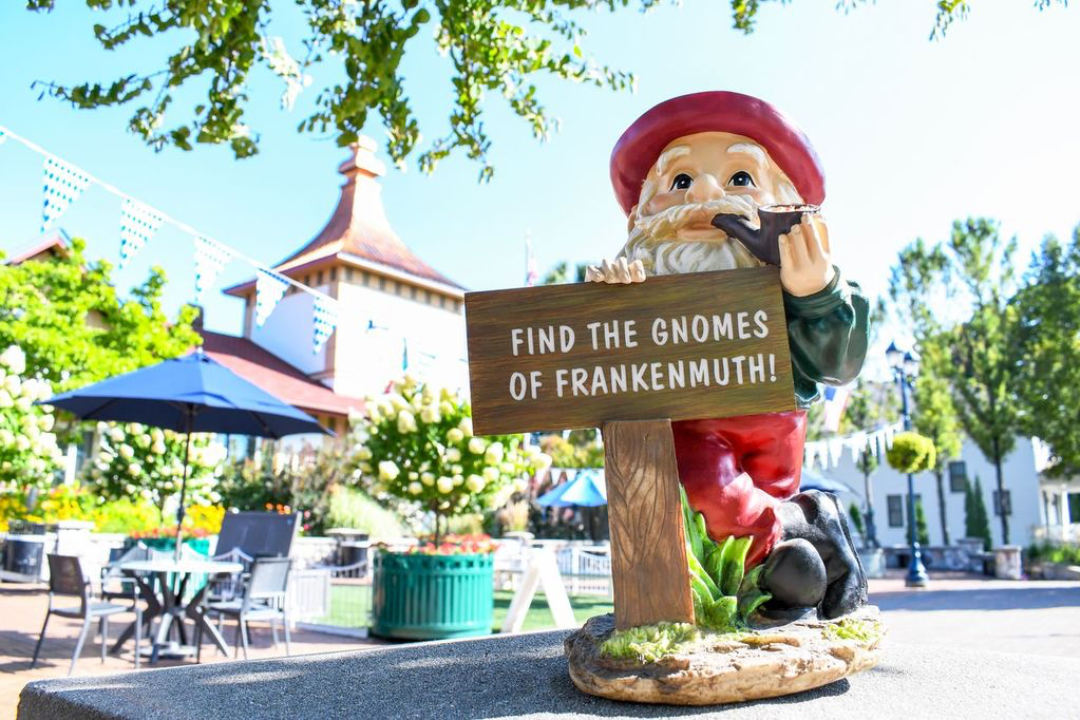
.png)
.png)









%20(1).png)


































